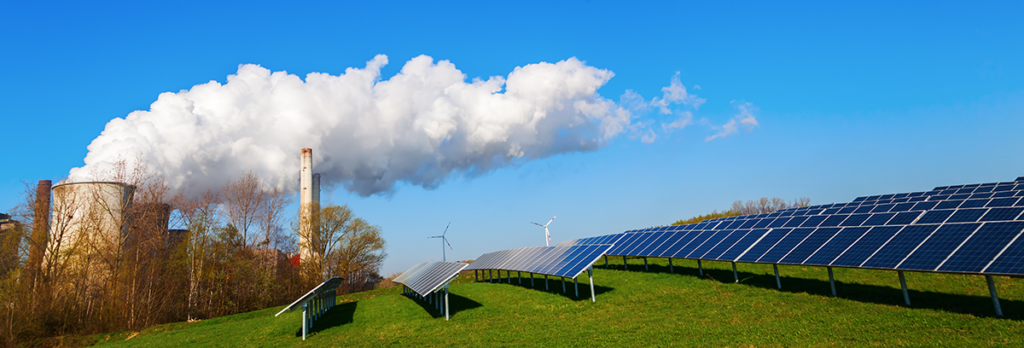COP27 and sustainable investing
The Cop27 summit – the United Nations’ annual climate change get-together – has come to a close after much debate about how to solve the climate crises, mostly surrounding how to tackle stamping out dependency on fossil fuels.
Policymakers and world leaders gathered in Egypt to discuss how countries and industries can collaborate on climate action.
A historic agreement was made on a fund to compensate developing countries for losses and damage caused by the climate crisis.
There is to be a global fund for “loss and damage”, providing financial assistance to poor nations stricken by climate disaster.
Although many (developed) countries are facing prospects of recession, rising energy and food prices, and households struggling to cope with the cost-of-living crisis, it was highlighted that climate finance for developing countries shouldn’t slip.

Leaders failed to agree, however, on the necessary slashing of greenhouse gas emissions to keep the world at its 1.5C temperature goal.
The final Cop27 decision failed to call for the winding down of all fossil fuel use – the primary cause of the global climate crisis.
Last year during Cop26 in Glasgow, there was a major push to hold the world to its 1.5C (above pre-industrial levels) target. Yet cutting emissions and net zero targets are not within sight.
While countries promised to “revisit and strengthen” their 2030 climate plans by the end of 2022, only a limited number have done so.
Responding to the closure of the summit, Friends of the Earth described the outcome as a “disaster”, Oxfam said it was “deeply concerned” about the failure to agree fossil fuel reductions.
The next UN climate summit, Cop28, is being held in Dubai, where oil was first discovered 56 years ago, in 1966.

INVESTING FOR GOOD
If combatting climate change is something you feel passionate about, you might be interested to learn that how you invest your savings can help these causes – and more.
It’s possible to invest with the objective of “doing good”, whilst aiming for a financial return if you gear your ISA or pension portfolio towards responsible investing.
The amount of money pouring into responsible investments totalled £16 billion in 2021, up £4.3 billion on 20201.
Such investments typically include ESG funds – those which invest in a range of companies minded to good environmental, societal and governance practices.
Funds which specifically back companies within the renewable energy infrastructure sector, such as solar or wind, are often popular. Though you can also invest in companies benefitting from the rise of electric vehicles. Alternatively there are broad funds which ensure all holdings hold sustainability at the forefront of their business.
Investors can also choose an impact investment fund. These funds only back companies that create a product or service that has a positive measurable social and or environmental impact aligned to the UN Sustainable Development Goals, alongside a financial return.There’s no one-size fits all when it comes to responsible investing, as much comes down to personal choice and beliefs.
HOW CAN I INVEST MORE SUSTAINABLY
You can speak to a financial adviser about incorporating sustainable investing – whether that’s ESG or impact – into your investment portfolio. You’ll then be able to understand the options for investing for good.
When it comes to contributing to the all-important green transition, there’s no time like the present.
Sources:





